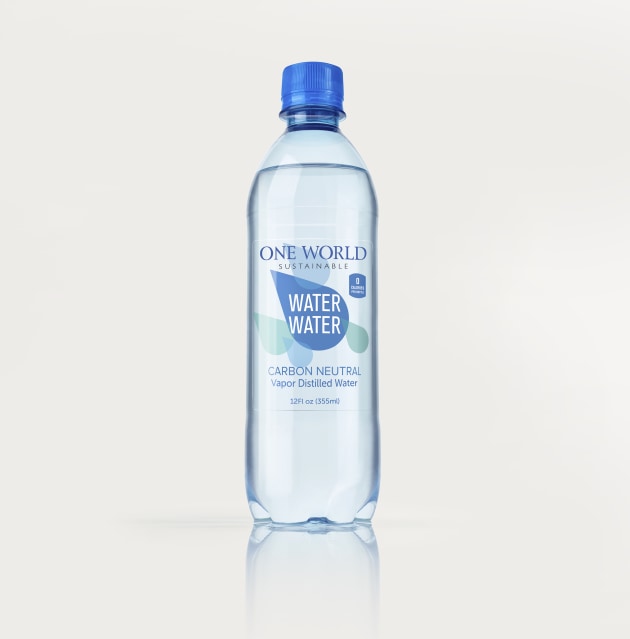Following significant interest from multinationals across all Innovia Films’ chosen market sectors – such as packaging and labels – and its increased commitment to carbon reduction and the circular economy, the company has expanded its ISCC Plus certification to its plants in Australia (Melbourne), Belgium and the UK.
The expansion allows Innovia to produce its range of Encore sustainable films globally, supplying both certified renewable materials (ISCC Plus bio-circular materials) and certified circular material (ISCC Plus circular material).

“The sustainable team, based in Wigton, supported the work that the local cross functional plant teams undertook in very tight timescales,” explains Paul Watters, product and market development manager, Innovia.
“To achieve ambitious schedules meant they had to adopt a well-coordinated and collaborative team approach.”
Innovia has also developed its own internal life cycle analysis (LCA) programme, which gives the company the ability to measure key sustainability metrics, including carbon footprint (global warming potential) and fossil scarcity on a cradle to gate basis.
“These additional certifications show our commitment to increasing our manufacturing footprint of certified renewable and recycled content films in line with customer demand for these types of products,” Watters continues.
ISCC (International Sustainability and Carbon Certification) is an independent multi-stakeholder organisation providing a globally applicable certification system for the sustainability of raw materials and products.
"Achieving ISCC PLUS certification means that Innovia’s Melbourne manufacturing plant is able to produce Encore BOPP sustainable films locally," says Mark Williams, general manager at Innovia's Melbourne facility.
"We had already received interest from major brands in these new products, which encouraged us to achieve this qualification in record time. This certification allows us to demonstrate to our customers an independently validated chain of custody in the use of both renewable and recycled raw materials."
The Melbourne manufacturing plant has also undertaken several other sustainability initiatives, including:
- Water mapping exercise which has resulted in a 25 per cent reduction in water usage on site;
- Replacing lighting throughout the factory and warehouse with energy efficient LED globes and fittings;
- Implementing processes and materials to allow for reuse of packaging for 50 per cent of products;
- Waste mapping exercise which has resulted in a 65 per cent reduction in waste to landfill in the first year and identifying diversion of 53 out of 63 waste types from landfill;
- CCL taking the Ellen Macarthur New Plastics Economy pledge on behalf of all business units;
- Completion of a full carbon disclosure assessment for all business units in CCL;
- Investigating implementing commercial solar at the Melbourne facility to offset usage of electricity from the grid; and
- Pledged to Operation Clean Sweep to reduce the amount of plastic waste polluting waterways and oceans.





